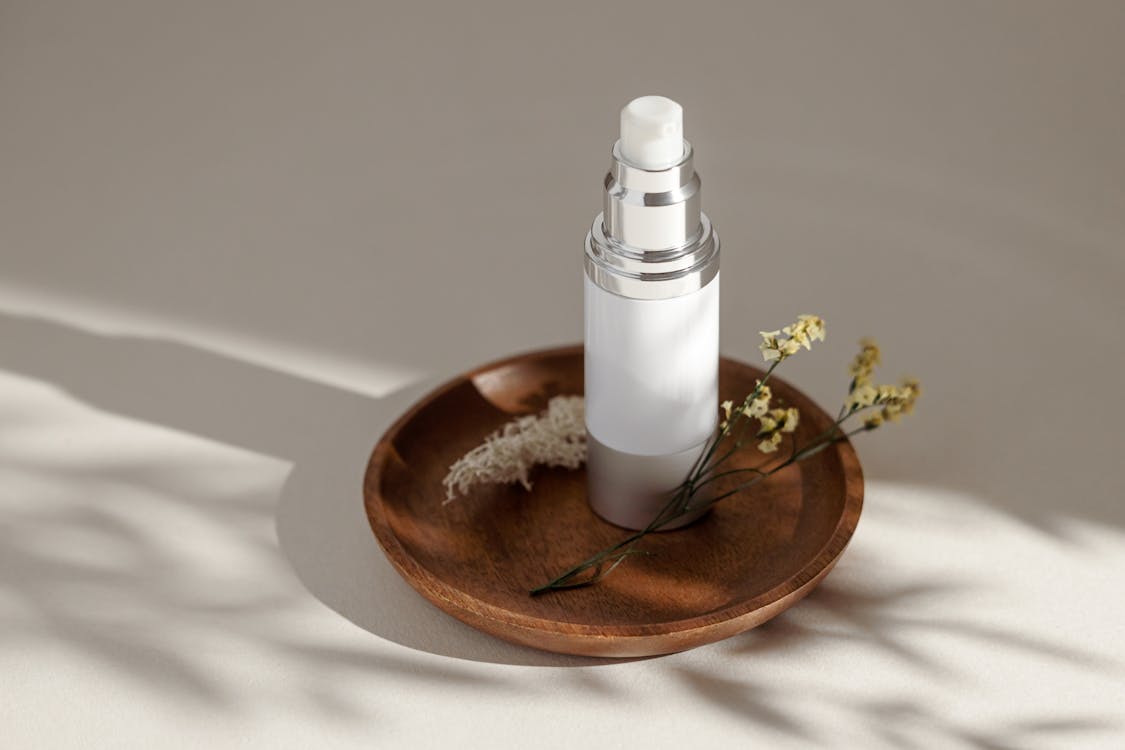Understanding the Role of Hyaluronic Acid in Skincare
In the world of skincare, few ingredients have garnered as much attention as hyaluronic acid. Known for its impressive hydrating properties, hyaluronic acid has become a staple in many beauty routines. But what exactly is hyaluronic acid, and why is it so beneficial for your skin? In this article, we'll explore the science behind hyaluronic acid, its benefits, and how you can incorporate it into your skincare routine.

What is Hyaluronic Acid?
Hyaluronic acid (HA) is a naturally occurring substance in the body, found primarily in the skin, connective tissues, and eyes. It acts as a lubricant and helps retain moisture, ensuring that tissues remain well-hydrated and supple. With its unique ability to hold up to 1,000 times its weight in water, hyaluronic acid plays a crucial role in maintaining skin hydration.
The Benefits of Hyaluronic Acid in Skincare
1. Intense Hydration
One of the primary benefits of hyaluronic acid is its ability to provide deep hydration. When applied to the skin, it penetrates the surface and binds water to skin cells, infusing all layers of the skin with valuable, rejuvenating moisture. This helps keep the skin looking plump and youthful.
2. Improved Skin Elasticity
By maintaining adequate moisture levels, hyaluronic acid helps improve skin elasticity. Well-hydrated skin is more resilient and better able to withstand environmental stressors. This results in a firmer, smoother appearance and reduces the likelihood of developing fine lines and wrinkles.
3. Enhanced Skin Barrier Function
Hyaluronic acid strengthens the skin’s natural barrier, protecting it from pollutants and other environmental aggressors. A strong skin barrier is crucial for preventing moisture loss and keeping irritants out, which is essential for maintaining healthy, glowing skin.
4. Anti-Aging Properties
As we age, our skin loses moisture and elasticity, leading to the formation of wrinkles and fine lines. Hyaluronic acid combats these signs of aging by replenishing lost moisture and improving skin elasticity. Regular use of hyaluronic acid can help reduce the appearance of fine lines and promote a more youthful complexion.
5. Suitable for All Skin Types
Whether you have dry, oily, or sensitive skin, hyaluronic acid is suitable for all skin types. Its lightweight, non-greasy texture makes it an excellent choice for anyone looking to boost their skin’s hydration without clogging pores or causing breakouts.
How to Incorporate Hyaluronic Acid into Your Skincare Routine
Choose the Right Product
Hyaluronic acid is available in various forms, including serums, creams, and lotions. Serums are often the most effective way to deliver a concentrated dose of hyaluronic acid to the skin. Look for products that contain high-quality, pure hyaluronic acid for the best results.
Apply to Damp Skin
For maximum absorption, apply hyaluronic acid to damp skin. This allows the acid to bind with the water on the surface of your skin, enhancing its hydrating effects. Follow up with a moisturizer to lock in the hydration and create a protective barrier.
Use Morning and Night
To reap the full benefits of hyaluronic acid, incorporate it into your skincare routine both morning and night. Consistent use will help maintain optimal hydration levels and improve the overall health and appearance of your skin.
Conclusion
Hyaluronic acid is a powerhouse ingredient in the world of skincare, offering numerous benefits from intense hydration to anti-aging properties. Its versatility and effectiveness make it a must-have in any skincare routine. By understanding the role of hyaluronic acid and how to use it properly, you can achieve a more hydrated, youthful, and radiant complexion.

 Cricket Score Counter
Cricket Score Counter Heads or Tails
Heads or Tails
You have not logged in, please Login to comment.